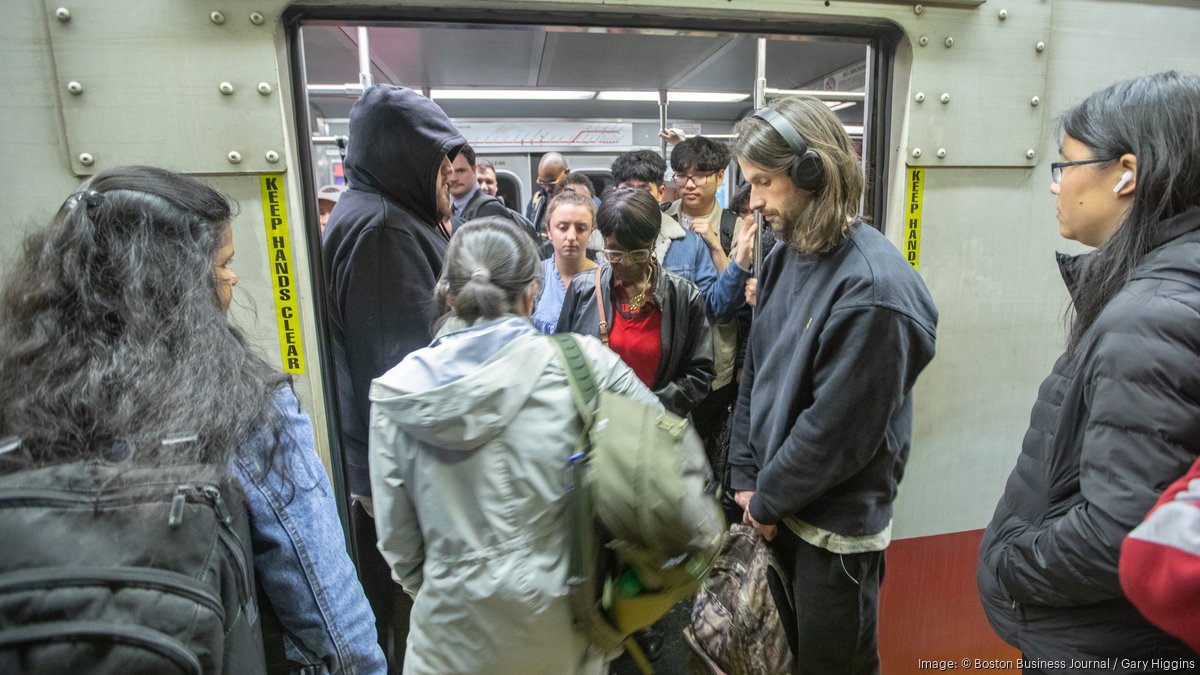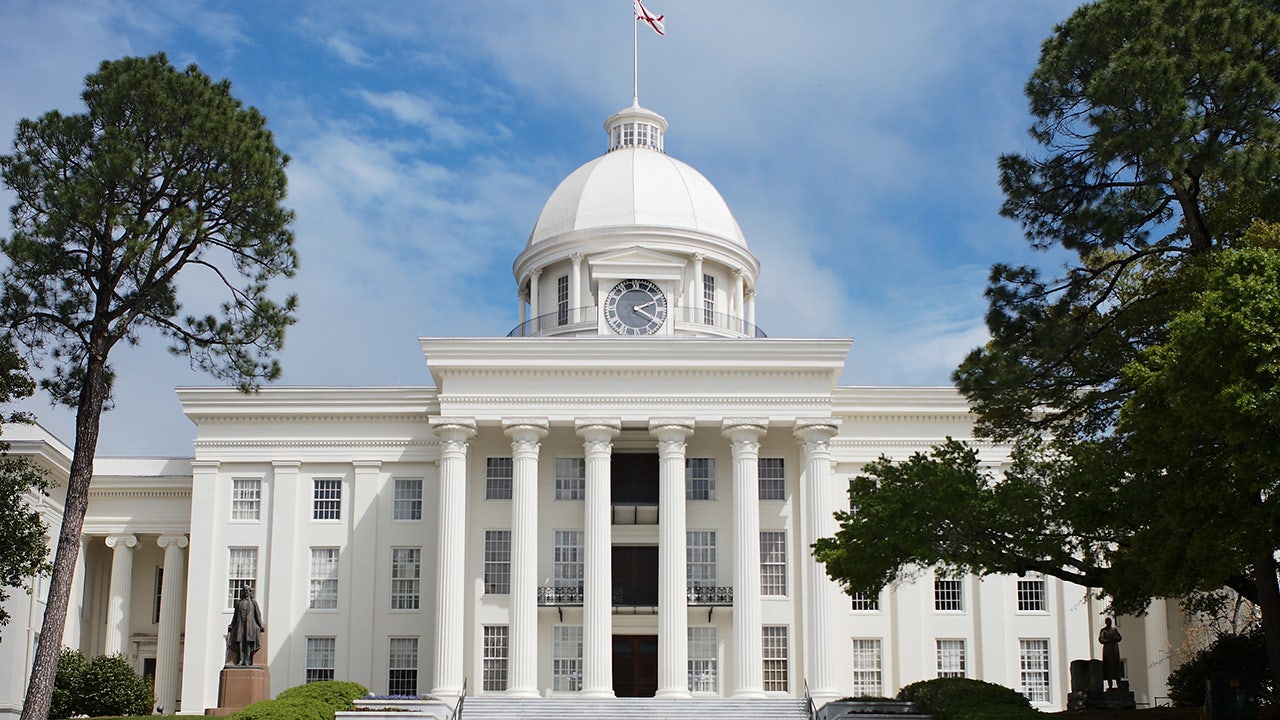Alaska
Biden administration limits gas and oil drilling in Alaska – Washington Examiner

The Interior Department released a new regulation Friday that will affect 13 million acres in Alaska, prohibiting drilling for oil on the land.
The Management and Protection of the National Petroleum Reserve in Alaska rule will affect 40% of Alaska’s reserve, as 10.6 million acres will be completely protected by the Bureau of Land Management while the remaining amount will have limited protection. According to the Interior Department, this area is a “globally significant intact habitat for wildlife, including grizzly and polar bears, caribou and hundreds of thousands of migratory birds.”
President Joe Biden expressed his pleasure in the regulation in a statement Friday, saying he is “proud” of the conservation effort.
“From safeguarding sacred lands near the Grand Canyon to protecting Alaskan treasures, my Administration has conserved more than 41 million acres of lands and waters,” Biden’s statement read. “But as the climate crisis imperils communities across the country, more must be done. My Administration will continue to take ambitious action to meet the urgency of the climate crisis, protect America’s lands and waters, and fulfill our responsibility to the next generation of Americans.”
“There is no question, using the best available science and incorporating Indigenous Knowledge practiced over millennia, that these decisions will help biological, cultural, historic and subsistence resources, safeguarding the way of life for the Indigenous people who have called this special place home since time immemorial,” Interior Secretary Deb Haaland said in a statement.
Additionally, the Bureau of Land Management issued its own ruling on a road some 211 miles long in north central Alaska to establish the Ambler Mining District. This road, which would result in mining copper, zinc, cobalt, and other minerals, could, per the department, “irrevocably impact resources, including those supporting important subsistence uses, in ways that cannot be adequately mitigated.”
“We are deeply disappointed by the Bureau of Land Management’s politically motivated decision to block construction of the Ambler Access Project,” Ambler Metals Managing Director Kaleb Froehlich said in a statement. “In doing so, the Department of the Interior is depriving Alaska Native communities of thousands of good-paying jobs and millions of dollars of badly needed tax revenues and economic investment, as well as preventing the United States from developing a domestic supply of minerals that are critical for clean energy technology and national security.”
CLICK HERE TO READ MORE FROM THE WASHINGTON EXAMINER
Amber Metals cited support from First Chief of the Allakaket Tribal Council PJ Simon and the area’s assemblyman, Miles Cleveland.
Alaska’s North Slope contains six of the 100 largest oil fields in the United States. The state was sixth in oil production last year, producing 426,000 barrels per day.

Alaska
Bronson, LaFrance offer different views and priorities in Alaska Public Media-ADN mayoral runoff debate
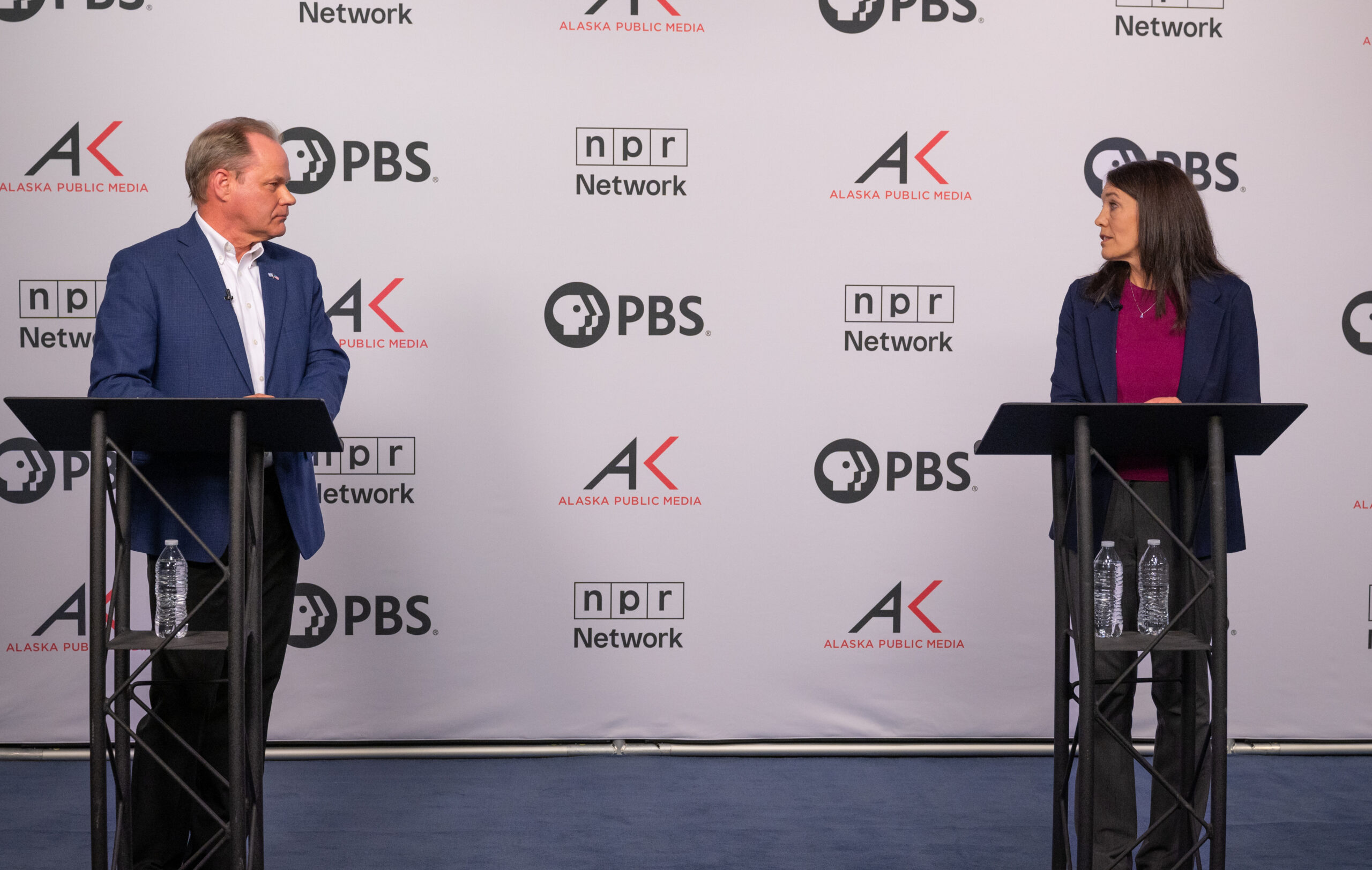
Anchorage mayoral candidates Dave Bronson and Suzanne LaFrance faced off in a debate hosted by Alaska Public Media and the Anchorage Daily News Thursday night.
The two sparred over competing ideologies and priorities.
Bronson, the incumbent, made homelessness a centerpiece of his debate performance, mentioning his proposed East Anchorage homeless shelter in six different answers. The shelter was rejected by the Assembly after his administration broke city code by proceeding with construction without Assembly approval. He also described homelessness as a major driver of pedestrian deaths and high rates of violence against women.
“We need to protect these women by putting them into a shelter,” Bronson said. “And that’s why for three years, I’ve been trying to build a shelter. And somehow this shelter got political. I don’t know how, but at the end of the day, that’s the path forward.”
Meanwhile, former Assembly Chair Suzanne LaFrance focused on providing basic services during the debate. She said she’d prioritize local governance, rather than divisive state and national politics.
“We’ve got to get the basics right,” LaFrance said. “And right now, you know, we’ve got a APD staffing shortage of over 50 sworn officers. We don’t have a plan on homelessness. And we’ve got to figure out a way to plow our streets of snow in the winter.”
The moderators asked both candidates questions specifically tailored to them. Bronson was asked about comments he’d made at an Anchorage Chamber debate this week where he described himself as “normal”, and his opponent as “woke.”
Bronson described wokeness as a harmful left-wing platform.
“It’s a political ideology of the far left,” Bronson said. “I don’t think it’s healthy. I don’t think it reflects science. I don’t think it reflects, certainly, good public policy.”
Meanwhile, LaFrance was asked about concerns that she’s too closely aligned with the current Assembly. She said checks and balances would continue if she becomes mayor, and when she was on the Assembly, there were disagreements.
“That is exactly what I would expect as mayor from the Assembly,” LaFrance said. “Because you’ve got 12 different people who are working to do their best to stand up for their constituents. And there’s going to be some healthy disagreement.”
A poll of debate viewers and listeners found that about 90 percent had already decided who they would vote for, with about nine percent saying they were undecided and one percent saying they weren’t voting.
Ballots for the mail-in runoff election are due May 14.

Alaska
Dunleavy says lawmakers shouldn't pass bills to address homeschool decision. Lawmakers say that's risky.
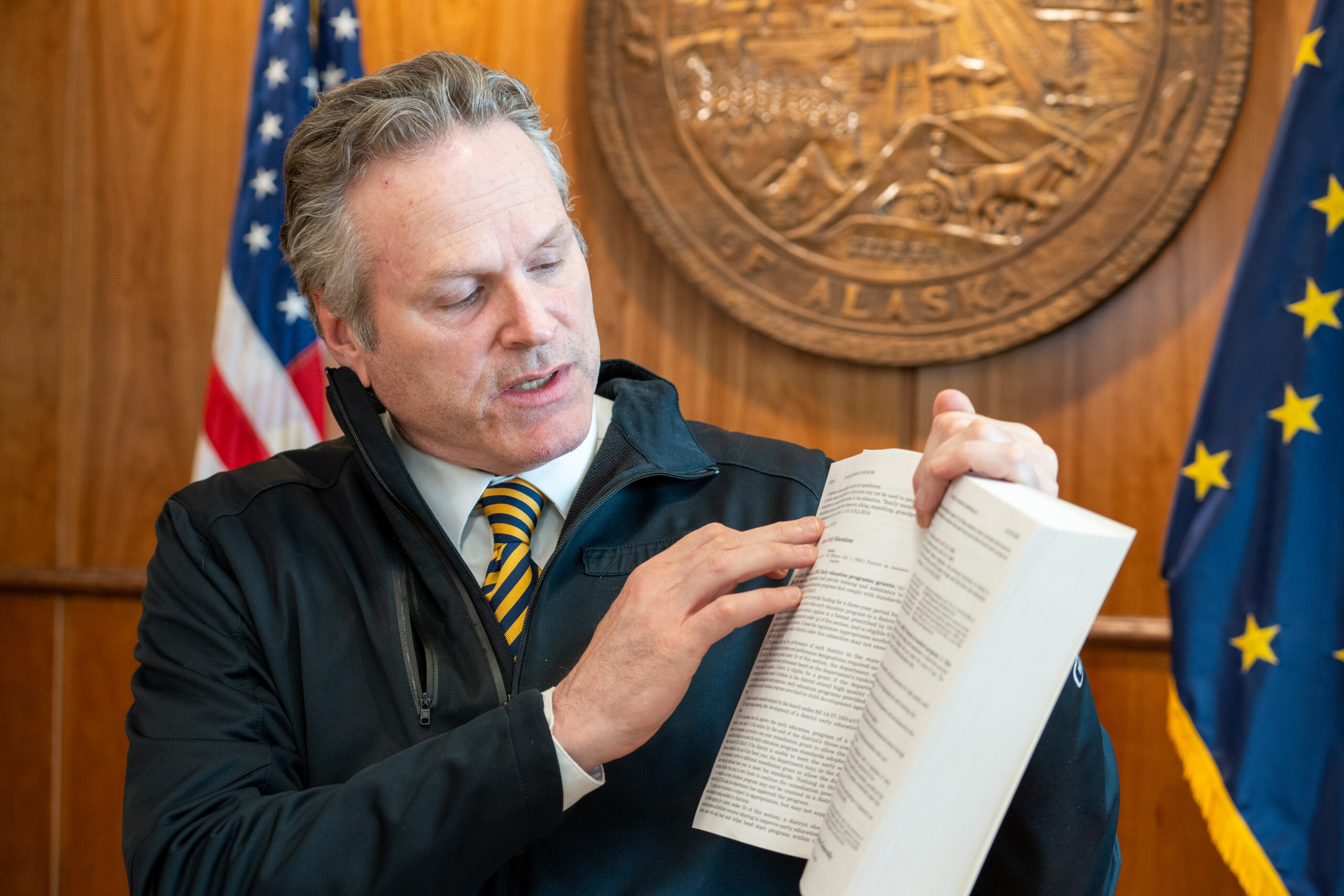
Gov. Mike Dunleavy is calling on lawmakers to pause their efforts to address a court ruling that threatens the state’s homeschool system, saying they should wait for a ruling from the Alaska Supreme Court.
“This is literally a disaster, potentially, an emergency because of its magnitude,” he told reporters at a news conference on Wednesday.
The decision from an Anchorage Superior Court judge found two laws underpinning much of Alaska’s homeschool system unconstitutional. Alaska’s Constitution prohibits spending public money “for the direct benefit of any religious or other private educational institution,” and Judge Adolf Zeman found that payments to homeschool families for things like books and lesson plans had been used for tuition at private and religious schools, which he declared unconstitutional.
But Department of Law Civil Division head Cori Mills, who appeared alongside Dunleavy on Wednesday, said the decision throws a lot more than homeschool spending into question.
“It’s difficult not to read the decision to say that any private organization is impacted,” she said. “So a private organization, in the court’s opinion, seems to equate to a private educational institution.”
And schools spend money on private organizations all the time — books from McGraw Hill, bussing from First Student, tutoring from Sylvan, the list goes on. The plaintiffs’ lawyer in the case, Scott Kendall, said the broad interpretation is “bizarre” and “misleading” and that Dunleavy should seek more guidance from the court. But Dunleavy insisted there’s not much choice but to wait for the Supreme Court to rule.
“This is why we’re saying a quick fix that some are advocating for, we don’t see how it fits into the ruling right now,” Dunleavy said.
But there’s still a big unanswered question: It’s not clear when or if the court’s ruling will take effect. It could be any day, or the end of June as the plaintiffs requested, or longer, as the state and parents backing the homeschool system have requested. And Dunleavy told reporters he’ll likely call lawmakers back to Juneau for a special session if the Alaska Supreme Court doesn’t allow the homeschool laws to stand.
But Sen. Bill Wielechowski, D-Anchorage, said that could be tough to pull off — this summer and fall is campaign season, and he said he’s not sure legislators would be able to get together. So he said he’s in favor of passing a law that puts guardrails on how homeschool funds are spent — or a regulatory fix from the Dunleavy administration that, according to the Legislature’s attorneys, would be compatible with the decision.
“If we put a statute in place, or quite frankly, if there are regulations put in place before that, then homeschoolers will have certainty. Correspondence school families will have certainty. They’ll know what the rules are,” he said. “I think if we don’t do that, this potentially creates tremendous uncertainty for families that use correspondence schools.”
The Senate Education Committee rolled out one possible approach in late April. The sponsor, Sen. Löki Tobin, D-Anchorage, says it’d restore components of the system that existed before the 2014 law that was declared unconstitutional.
The House Education Committee has its own version of a fix. It would more closely mirror the more recent homeschool system, but with stricter limits on buying things like ski passes, power tools and private school classes.
Education Committee co-chair Rep. Justin Ruffridge, R-Soldotna, called for an immediate legislative fix after the decision came out — and despite Dunleavy’s call to hold off, he says that’s still the plan.
“Well, I think if we say we can’t pass statutes to fix things, why would we ever pass a statute ever again?” Ruffridge said.
He said he agrees with Dunleavy that lawmakers have to think long-term. But he said passing a law clarifying the rules would be a good idea.
“We also have to take a view that says, ‘How do we bring stability to folks?’” Ruffridge said. “It’s a lot of people, 23,000 students, so I think we have an obligation to both.”
Doing nothing, Ruffridge and Wielechowski said, risks leaving homeschool families even more in limbo than they already are.
Eric Stone covers state government, tracking the Alaska Legislature, state policy and its impact on all Alaskans. Reach him at estone@alaskapublic.org.
Alaska
Alaska Senate passes draft budget, confirming $175M in bonus public-school funding
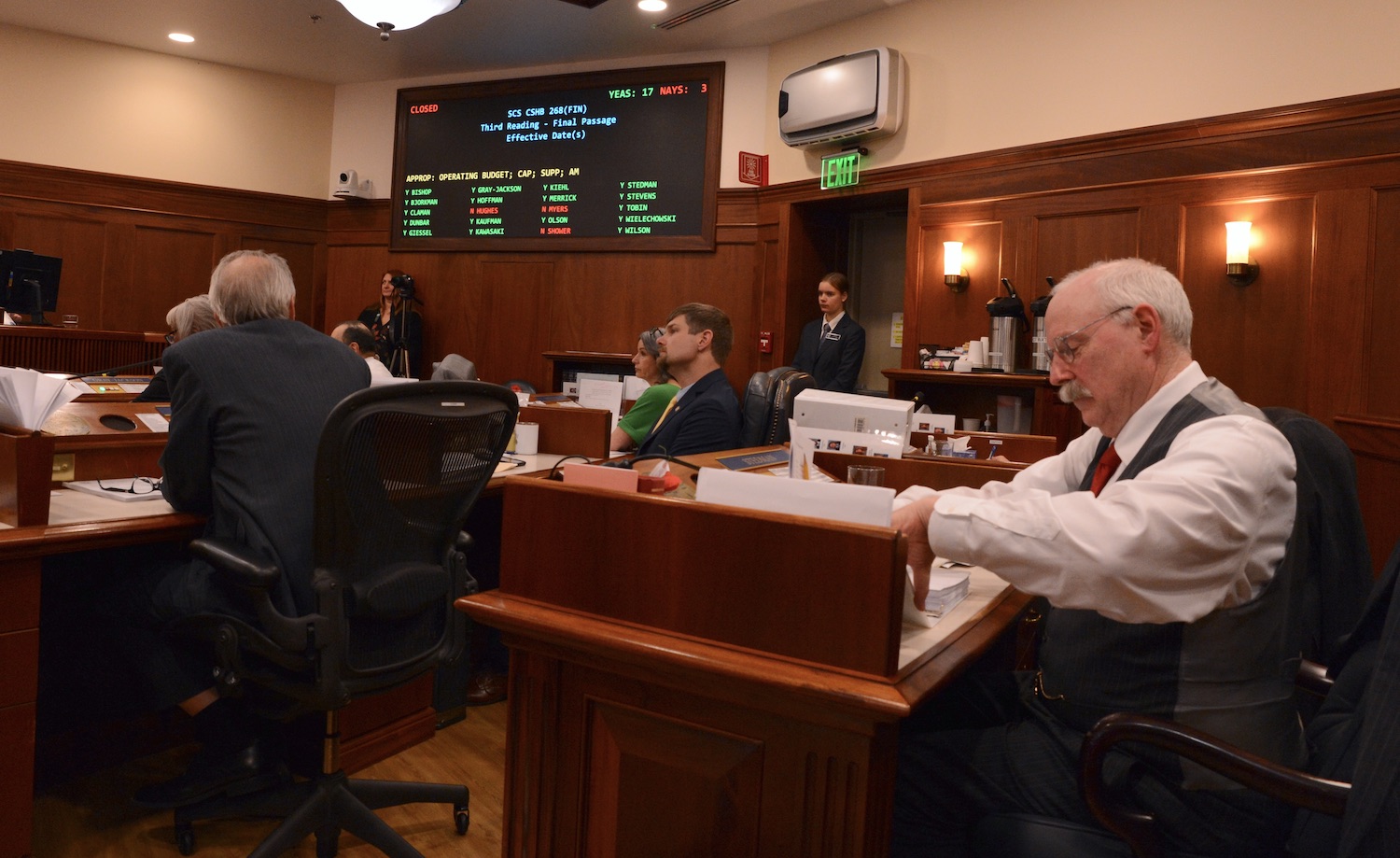
The Alaska Senate on Wednesday approved a draft $12.25 billion state operating budget and in the process, finalized legislative plans to offer public schools a one-time, $175 million funding bonus.
The Senate’s proposed Permanent Fund dividend is about $1,580 per recipient, including an estimated $222 energy relief payment. That’s below the $2,270 figure included in a competing draft passed by the House, and the final figure will be subject to further debate.
The smaller amount reduces the risk of the state spending down savings.
“We’re living within our means. This is what it looks like,” said Sen. Bert Stedman, R-Sitka and co-chair of the Senate Finance Committee.
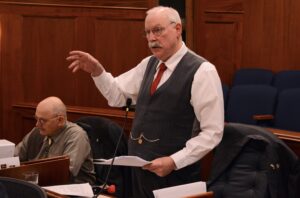
Stedman said the budget balances if the state’s oil production hits estimates and if North Slope oil prices average $78 per barrel between July 1, 2024, and June 30, 2025.
Oil and other sources of revenue would be enough to pay for state operations, as well as new legislation and the state’s capital budget, which pays for construction and renovation projects statewide.
Wednesday’s 17-3 vote, which follows the state House’s passage of its own draft operating budget, triggers the final phase of the Alaska Legislature’s annual budget process, where legislators negotiate a compromise between the two drafts.
In places where the drafts match, the relevant item is final, except that Gov. Mike Dunleavy has the ability to reduce or eliminate final items with his line-item veto power. He cannot increase them or add new ones.
On education, the Senate included a $680 one-time boost to the state’s Base Student Allocation, the core of Alaska’s per-student funding formula.
That’s worth about $175 million statewide, and the same language is in the House’s draft budget, making the item final, except for the governor.
Last year, Dunleavy vetoed half of an identical one-time boost, but in a news conference with reporters on Wednesday, the governor signaled that he may not repeat his veto.
“I’ve told people I’m open to the increase,” Dunleavy said, “an increase in one-time funding, especially to help with the inflationary issues.”
The Senate budget also includes a House-adopted plan to spend $5.2 million more on reading programs for students in kindergarten through third grade.
Senators included additional money for student transportation, something that will have to be negotiated with the House, which did not include it.
Also subject to further negotiation is $11.9 million in education money added after the federal Department of Education warned that the state underfunded some school districts during the COVID-19 pandemic.
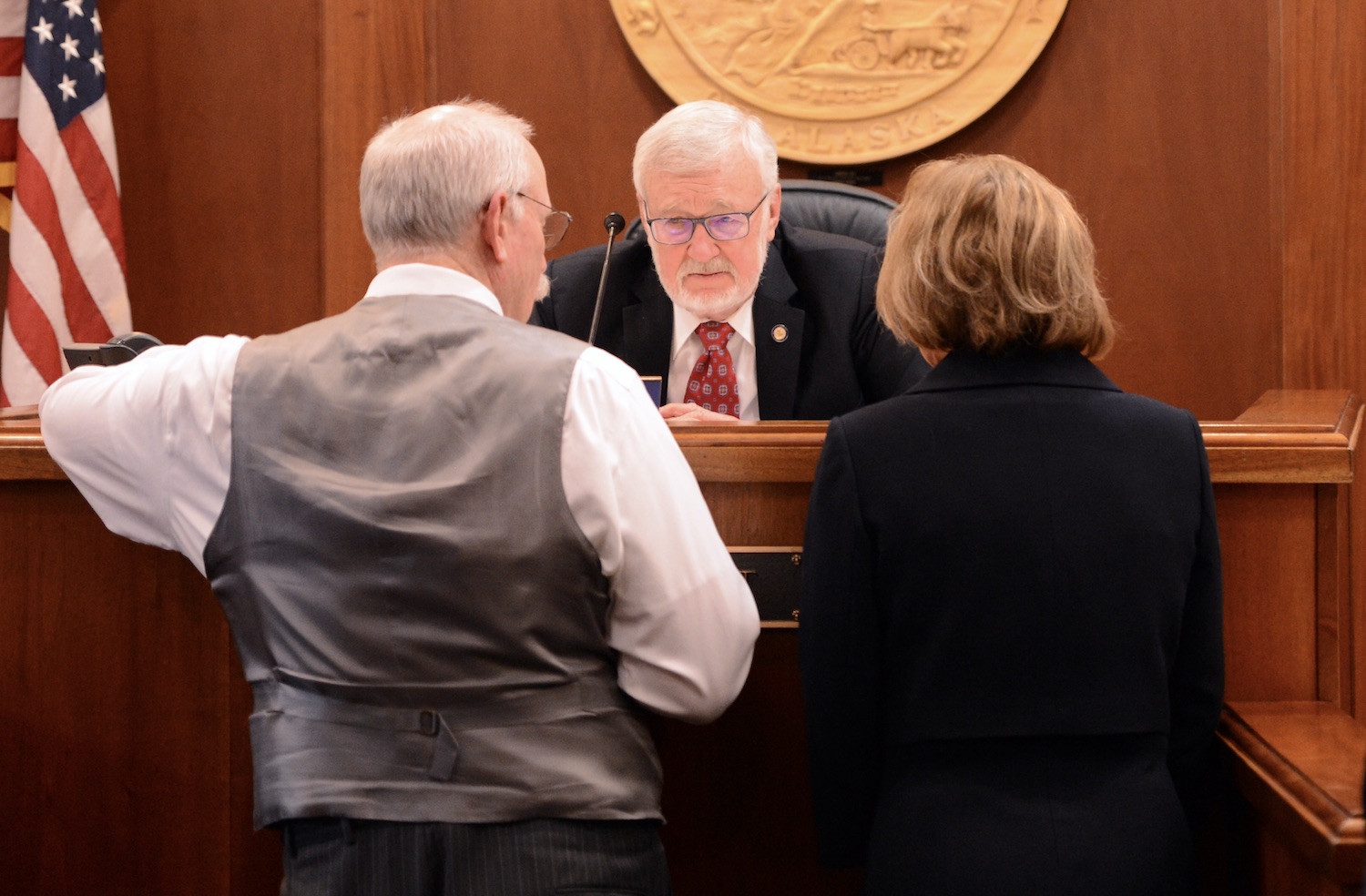
The Senate is led by a supermajority of nine Democrats and eight Republicans, and Wednesday’s draft budget was crafted by that supermajority.
Before the final vote, the three Republicans outside the majority offered 21 amendments containing a variety of priorities, but all failed.
The most contentious amendments dealt with the amount of this year’s Permanent Fund dividend, which Stedman labeled “the focal point of most budgets.”
Sen. Mike Shower, R-Wasilla, proposed taking extra money from the Alaska Permanent Fund to increase the Senate’s proposed dividend to a figure above the House’s amount, once the energy relief payment is included.
While much of the fund is constitutionally protected, lawmakers need only a simple majority to break a law that limits spending from the fund’s earnings reserve, which contains money accumulated from the fund’s investments.
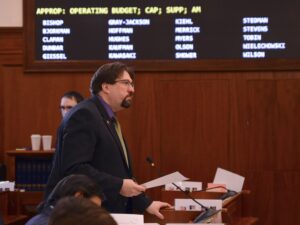
Shower said his proposed dividend is what was recommended by a bipartisan, bicameral working group and implied that passage could encourage work on a plan to bring the state’s long-term finances into balance.
He had support from Sen. Shelley Hughes, R-Palmer, who said, “If we were to pass this, we would start on the road toward a fiscal plan.”
But a majority of other senators opposed the idea. Stedman said he believed the amendment would instantly create a billion-dollar deficit.
“I don’t think this is a prudent amendment,” he said.
Sen. Forrest Dunbar, D-Anchorage, said he’d like to see larger dividends, but thus far, the Legislature hasn’t advanced other needed components of the financial plan, including new state revenue.
Shower’s amendment failed, 6-14.
The House and Senate are expected to appoint lawmakers to a budgetary conference committee on Monday, starting work on a final budget draft.
The budget is typically the final item passed before the Legislature adjourns for the summer.
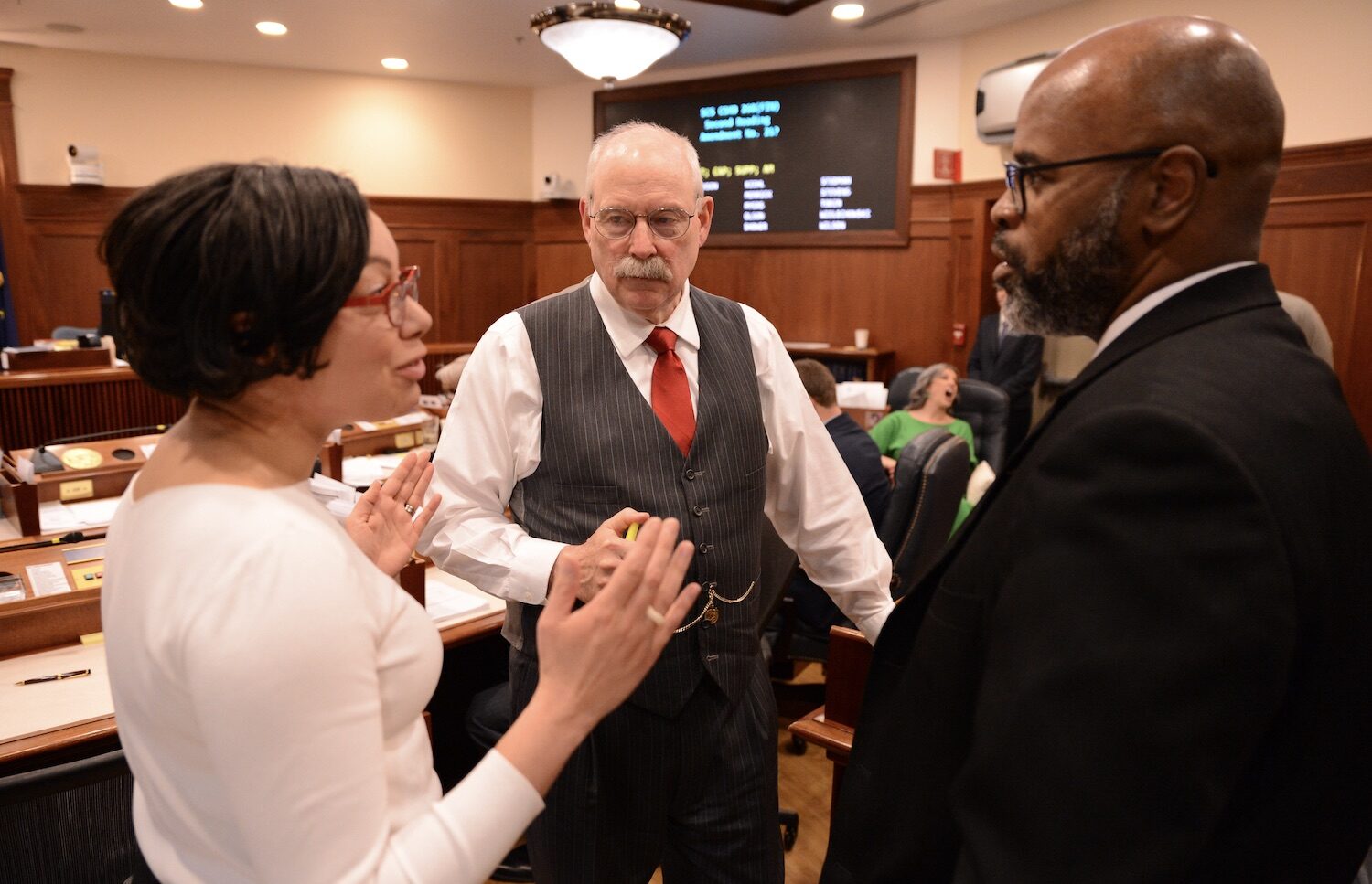
-

 News1 week ago
News1 week agoLarry Webb’s deathbed confession solves 2000 cold case murder of Susan and Natasha Carter, 10, whose remains were found hours after he died
-

 World1 week ago
World1 week agoHaiti Prime Minister Ariel Henry resigns, transitional council takes power
-

 News1 week ago
News1 week agoFirst cargo ship passes through new channel since Baltimore bridge collapse
-

 World1 week ago
World1 week agoUS secretly sent long-range ATACMS weapons to Ukraine
-

 World1 week ago
World1 week agoSpanish PM Pedro Sanchez suspends public duties to 'reflect'
-

 News1 week ago
News1 week agoAmerican Airlines passenger alleges discrimination over use of first-class restroom
-

 Movie Reviews1 week ago
Movie Reviews1 week agoHumane (2024) – Movie Review
-

 Education1 week ago
Education1 week agoVideo: Johnson Condemns Pro-Palestinian Protests at Columbia University





